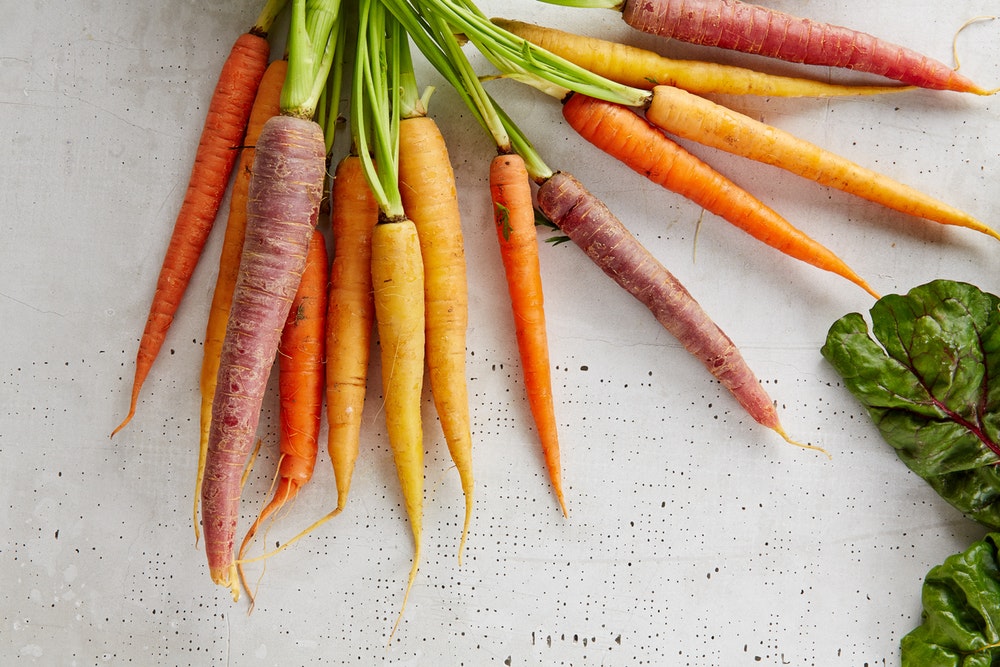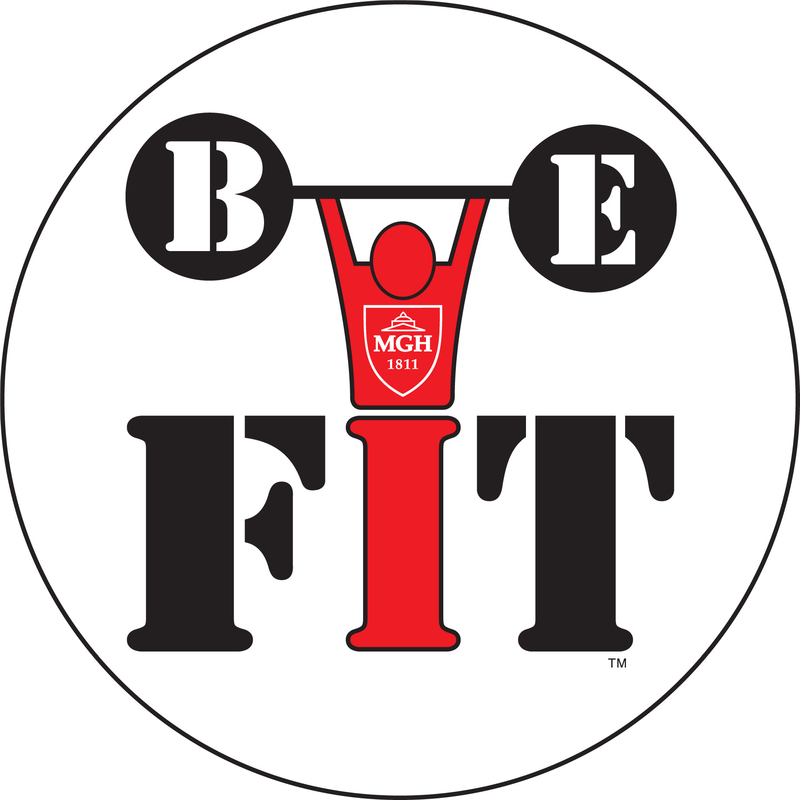|
With various protein supplements on the market, choosing one can be confusing – so let’s break down some common types.
Do You Need One? Supplements are not essential for muscle growth or weight loss. Chicken, fish, eggs, yogurt, tofu, soy milk, beans, and nuts provide ample protein plus vitamins and minerals that supplements may lack, making whole foods equally effective – if not more so. If you include a protein source with most meals and snacks you probably do not need a supplement. Be aware supplements may contain added sugars and artificial ingredients and are not approved by the FDA before sale. REFERENCES Caspero, A., Protein and the Athlete — How Much Do You Need? Academy of Nutrition and Dietetics, 2017. Accessed July 2018. Giles-Smith, K., Milk Proteins: Packing a Powerful Nutritional Punch. Today’s Dietitian, 2013. 15(3): 26. Roy, B., Milk: The New Sports Drink? A Review. Journal of the International Society of Sports Nutrition, 2008. 5:15. Ruscigno, M., Pea Protein. Today’s Dietitian, 2016. 18(12): 32. Wein, D. and M. Miraglia, Whey Protein Vs Casein Protein and Optimal Recovery. National Strength and Conditioning Association Performance Training Journal. Accessed July 2018. Studies show eating vegetables can reduce risk of early death, especially related to heart problems. Yet, only 13% of us meet the recommended intake. Most people should have at least 2 to 3 cups a day.
Leafy greens are particularly protective, but increasing any type is helpful. Here are five ways to add more vegetables to foods you love:
Already include a vegetable with dinner? Serve more than one. Research shows when multiple vegetables are offered, a larger quantity is eaten overall. REFERENCES Hung, H.C., et al., Fruit and Vegetable Intake and Risk of Major Chronic Disease. J Natl Cancer Inst, 2004. 96(21): 1577-84. Hung H.C, et al., Health-Promoting Components of Fruits and Vegetables in the Diet. Advances in Nutrition, 2013. 4(3): 384S–392S. Meengs, J., Rose, L., Rolls, B. and H. Guthrie, Vegetable Variety: An Effective Strategy to Increase Vegetable Intake in Adults. J Acad Nutr Diet, 2012. 112(8): 1211-1215. Slavin, J. and B. Lloyd, Health Benefits of Fruits and Vegetables. Adv Nutr, 2012. 3(4): 506–516. Wang, X. et al., Fruit and Vegetable Consumption and Mortality from All Causes, Cardiovascular Disease, and Cancer: Systematic Review and Dose-response Meta-analysis of Prospective Cohort Studies. BMJ, 2014. 349:g4490. |
TOPICS
All
Archives
December 2023
|



 RSS Feed
RSS Feed